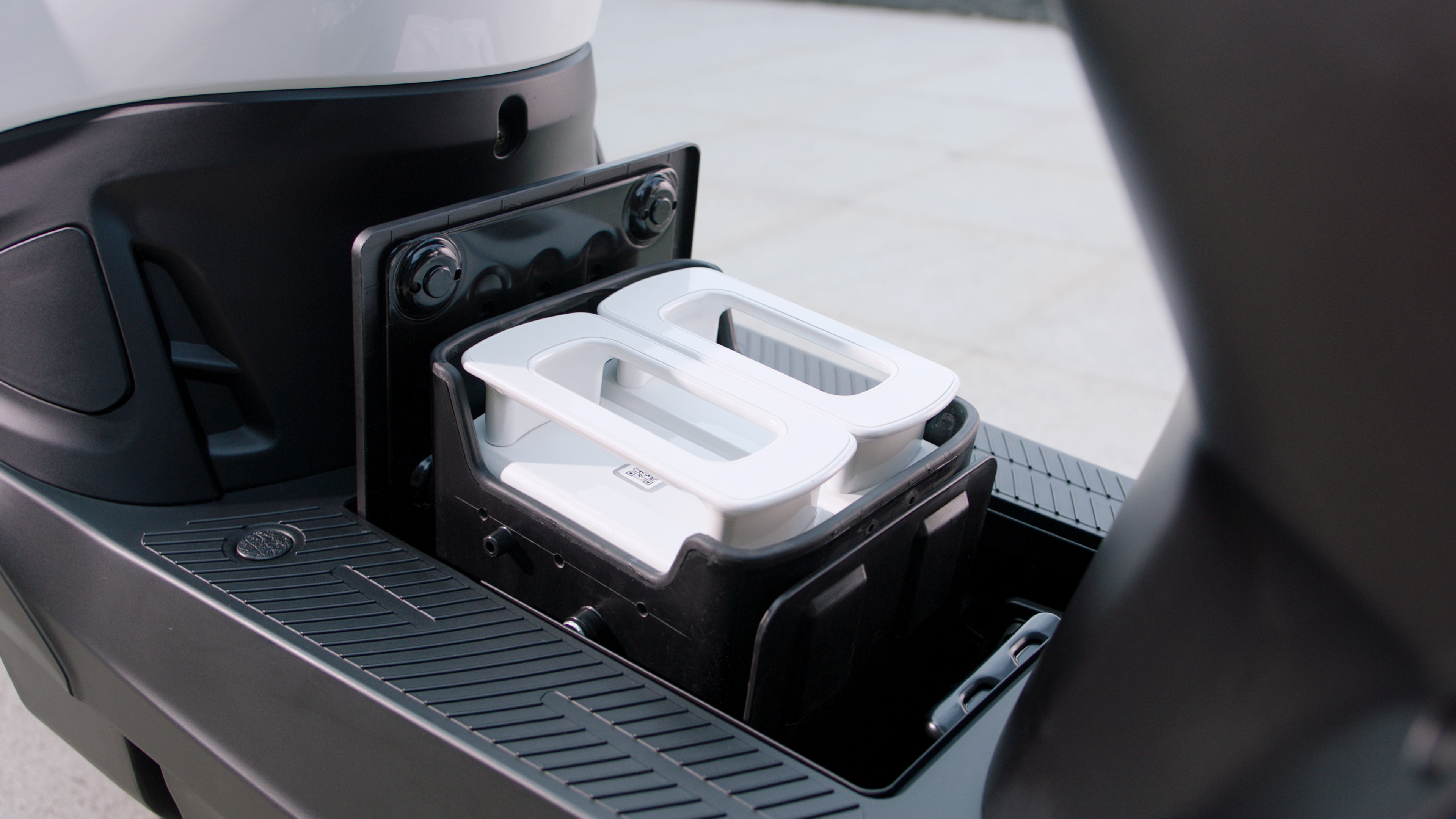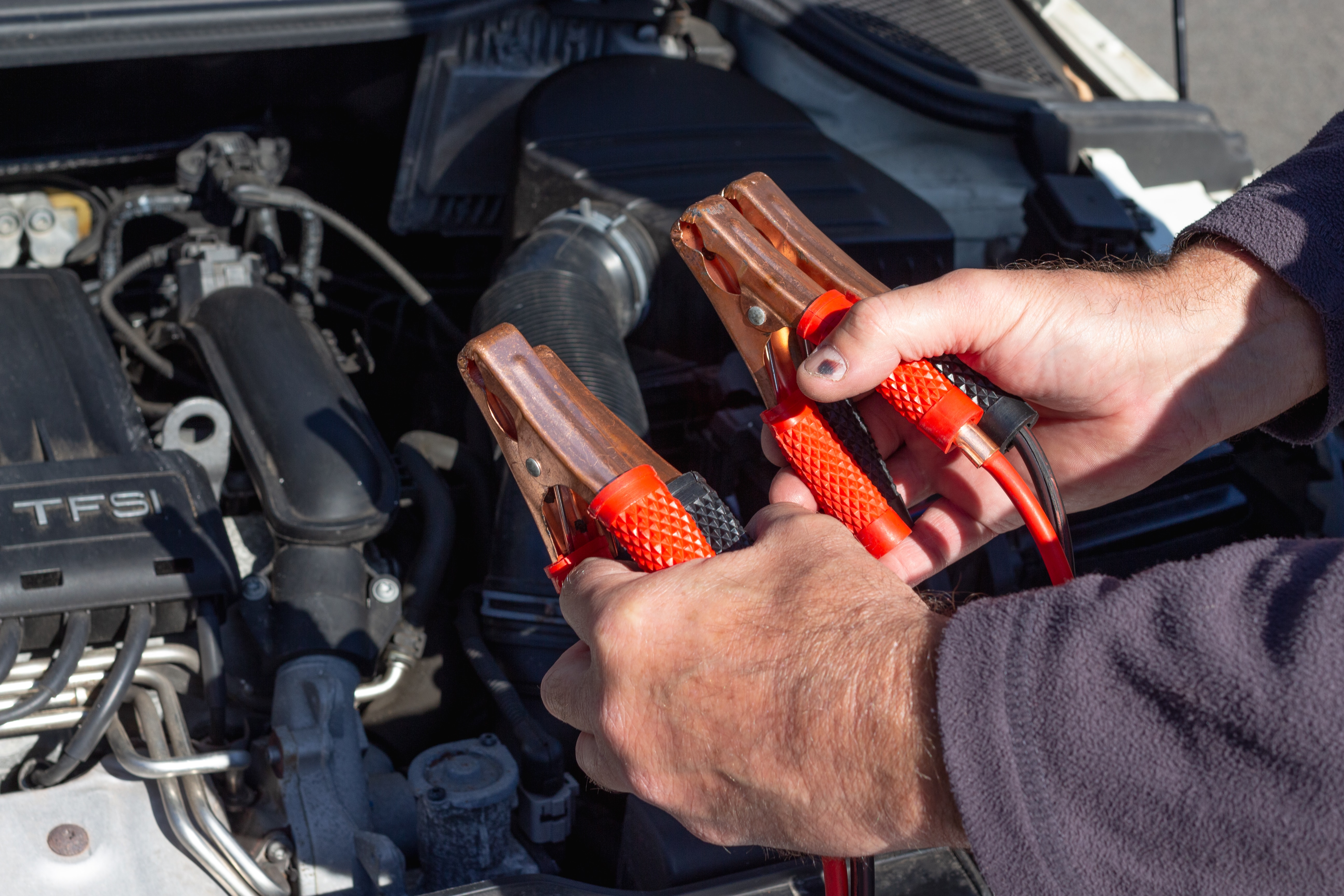
Safety First: Best Practices for Handling and Maintaining Lithium Batteries in Three Wheelers

The increasing adoption of lithium batteries in electric three wheelers is revolutionizing urban transportation. However, prioritizing safety is essential when it comes to handling and maintaining these advanced energy storage solutions. This blog focuses on crucial safety practices that should be followed to prevent potential hazards and ensure the longevity of both the batteries and the vehicles.
Proper storage of lithium batteries is fundamental to their safety. Store batteries in a cool, dry place away from direct sunlight and extreme temperatures. Prevent exposure to moisture and corrosive substances that could compromise the battery's integrity.
During transportation, ensure batteries are shielded from physical impacts and vibrations. Use suitable packaging that offers cushioning and protection against shocks during transit.
Charging lithium batteries safely requires careful attention. Always use the recommended charger provided by the manufacturer to avoid overcharging or overheating. Charge batteries in well-ventilated areas and avoid charging overnight or in unattended spaces.
Regular maintenance is key to extending battery life. Regularly inspect for signs of damage such as bulging or leakage, and replace damaged batteries immediately. Adhering to a consistent charging routine prevents deep discharges that can stress the battery.
By following these safety practices, electric three-wheeler operators and fleet owners can harness the benefits of lithium batteries while minimizing risks. Safety remains a cornerstone of the electric mobility transformation, ensuring a reliable and secure transition to cleaner transportation solutions supported by JT Lithium Batteries.




